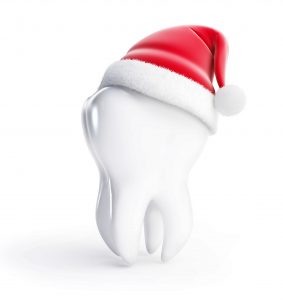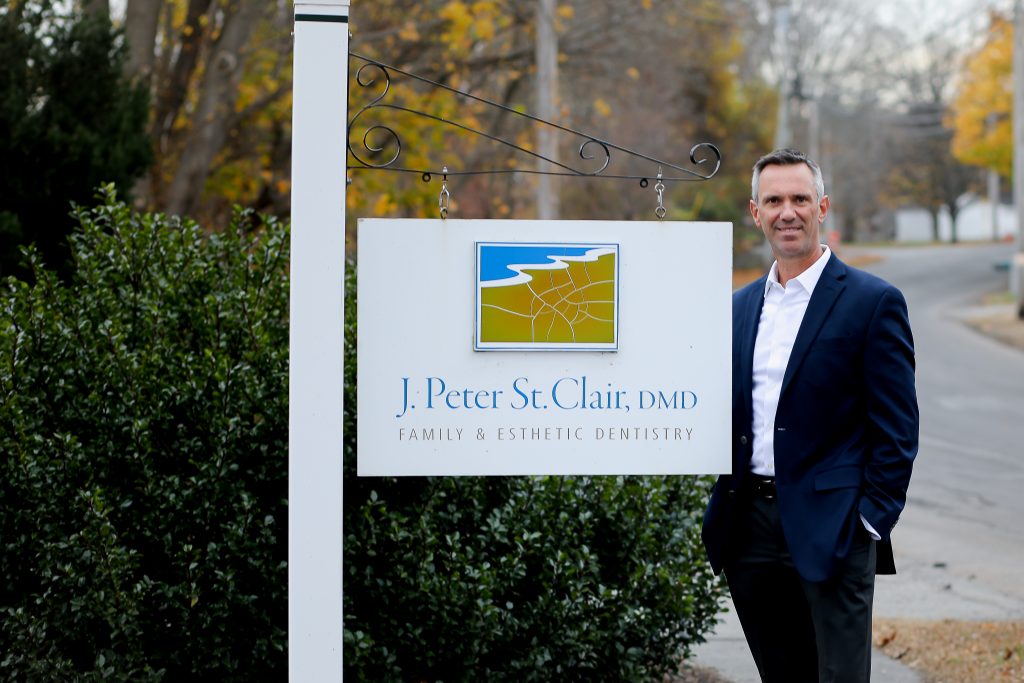Last week I discussed the importance of communication in any relationship, specifically the healthcare provider/patient relationship. Trust is mutually built as this relationship develops over time.
“There’s not enough time in the day.” Have you ever used this excuse? I said this yesterday to someone. We all tend to waste a lot of time, or at least don’t use the time we have as effectively as we could. You would think that in our technology-filled world, time management would be easier. Some of this technology actually gets in the way by adding even more of a time commitment to things that reduce interpersonal communication.
Here’s an example. It’s time to buy a new car. There… (Read More)


